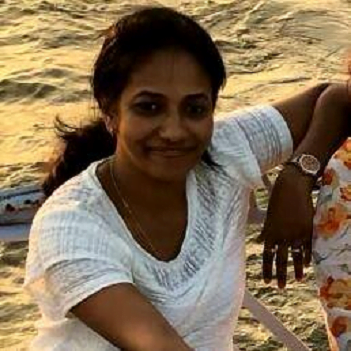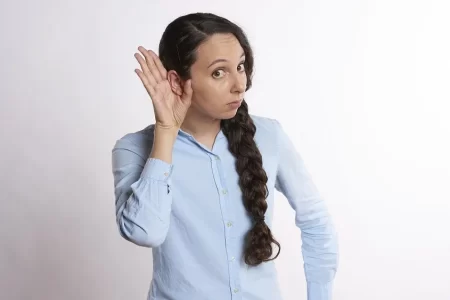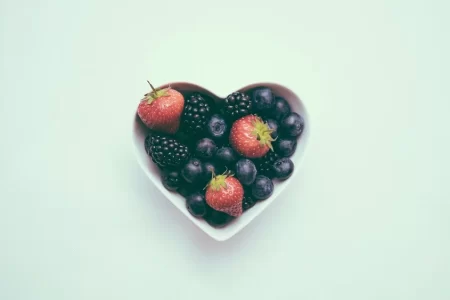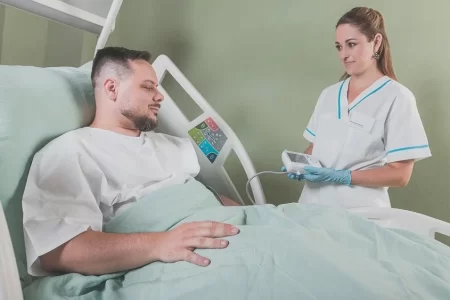DiseaseFix’s every article is examined by board-certified medical professionals to ensure that details on conditions, symptoms, treatments, and protocols comply with current guidelines and recent research. Our content is also written, verified, and approved by a team of experienced writers, editors, clinicians, and other experts.
Concerning Statistics About Over-The-Counter Medication Abuse Among Young Adults
- Updated on: Mar 18, 2024
- 3 min Read
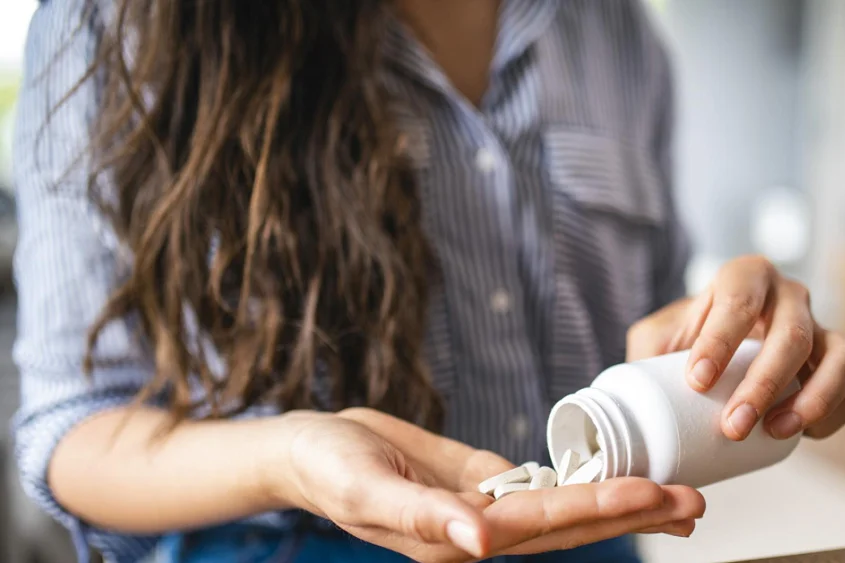
Out of all the things you know you need to protect your children from, you probably didn’t think over-the-counter (OTC) medication would be one of the most dangerous. Yet, many of today’s young adults look for stimulation anywhere they can get their hands on it, and for some, that’s in seemingly innocent medicines.
Abuse of OTC medication in young adults is on the rise, partly because those who take them think they’re safer than illicit ways to get high, and they act like controlled benzodiazepines. Because they’re cheaper and easier to access, OTC meds are preferred by many teens. However, the psychoactive effects that come with OTC abuse are dangerous and can be deadly.
The need for benzodiazepine addiction treatment in Orange County and other places where young adult OTC abuse is skyrocketing is vital. But more than anything, word of this problem and these concerning statistics must become public knowledge.

Fast Facts
- Think your child is asking for cough medicine because they don’t feel well? If they’re between 12 and 25, you might want to verify their illness. Over 3 million young people in this age group admit to using non-prescription cold or cough meds to get high. Putting this in perspective, by the time they’re seniors (12th grade), 4 out of 100 students have abused cough medicine. Keep in mind this number is likely higher, but there is no way to monitor this on a national level.
- Surveys show that 38% of drug use in children during the 90s involved OTC drugs. This number is followed by the study on admission of young adults to drug treatment centers in the early 2000s, which showed an increase of over 30%.
- Poison control centers regularly receive reports of dextromethorphan abuse, mostly involving 15-16 year olds.
These facts aren’t warning you to stop giving your kids medicine. Used in recommended doses, these drugs are usually safe. But if you’re not monitoring your child’s intake, they can become addictive, leading to serious health complications like heart issues, kidney failure, and cognitive disorders. They can also become fatal.
The Most-Abused Medications
So, how do you know which medicines are okay and which have a tendency to be used for the wrong reasons? Any medication should always be used at the recommended dosages. However, watch for these ingredients, and monitor your teen’s access carefully:
- Dextromethorphan (DSM), found in cough medicine
- Pseudoephedrine, found in cold medicines
- Dimenhydrinate, found in motion sickness meds
At high doses, these ingredients can cause feelings similar to a high. Like all drugs, the person’s tolerance to the ingredients will slowly increase, requiring them to need more and more to get the results they want. But larger doses bring more side effects than your child might expect.
Side Effects to Watch Out For
Beyond the stimulation and euphoric effects, you can look for signs that the young adults around you may have been using OTC or illicit drugs. Doses beyond 200 mg can bring on hallucinations. Past hallucinations, which can be easy to recognize, watch for these physical signs of a problem:
- Trouble breathing
- Unusual drowsiness
- Heart palpitations
- Blood pressure fluctuations
- Vomiting
- Blurred vision
- Twitching muscles
If you think your child or a young adult you know is abusing OTC meds, take the concerns seriously and try to get them professional help. The above symptoms might seem minor, but if the abuse continues, it can lead to brain damage and, ultimately, death. Contact your doctor or a rehab near you to find out how you can address the problem safely and effectively.




